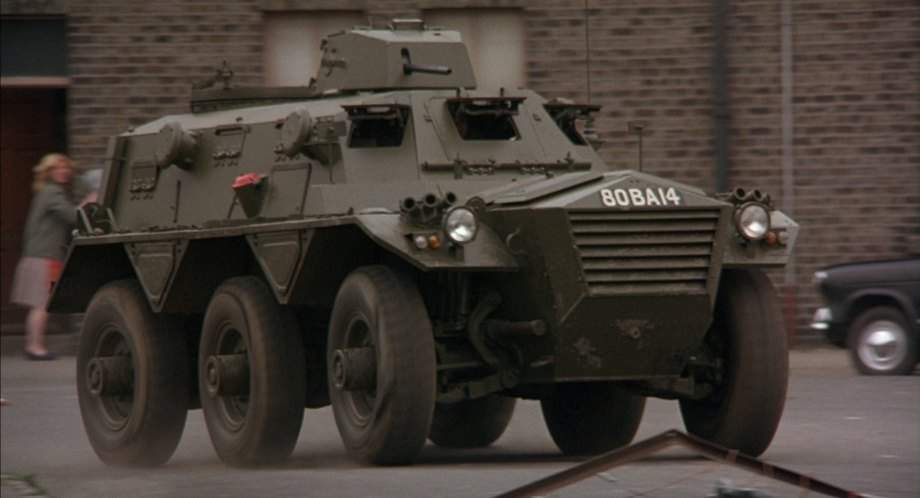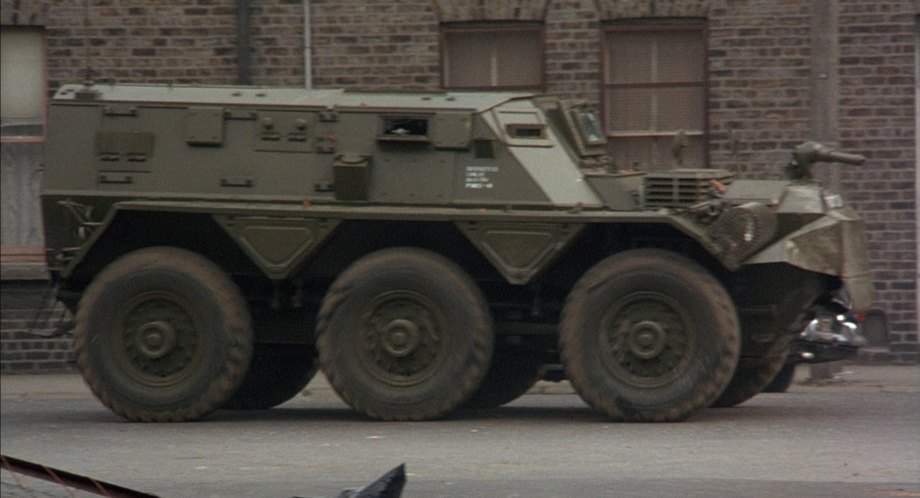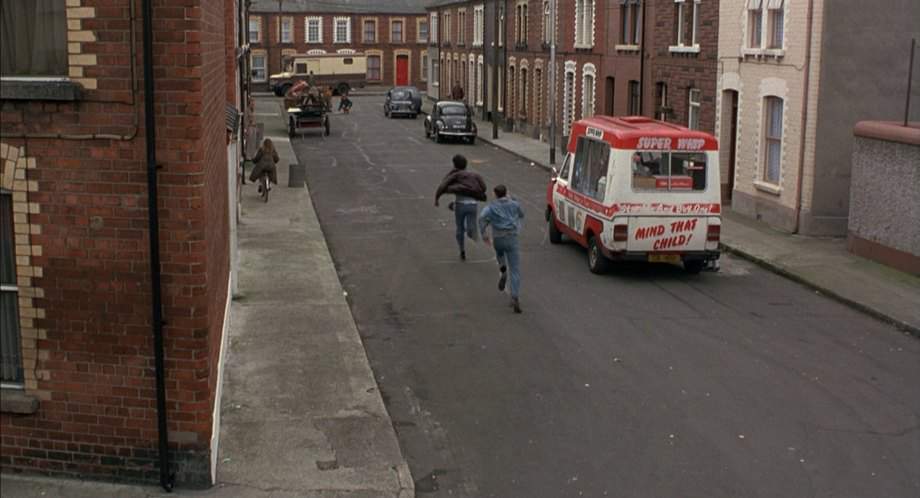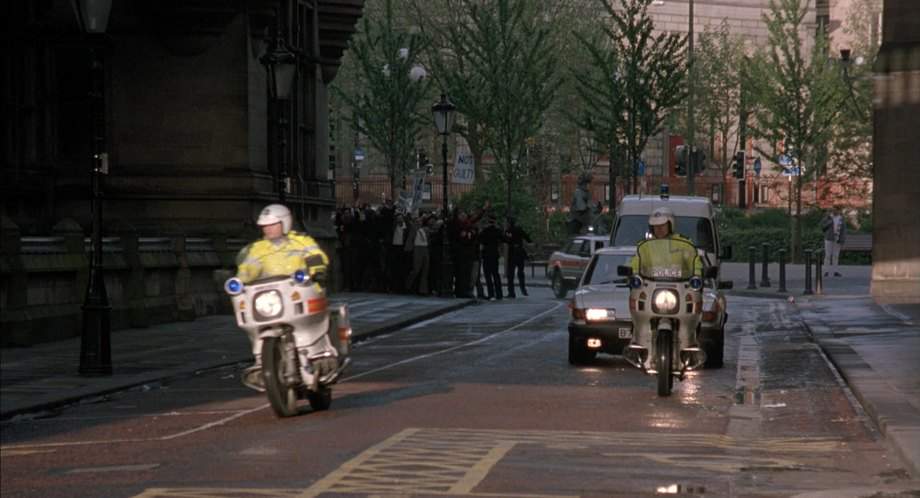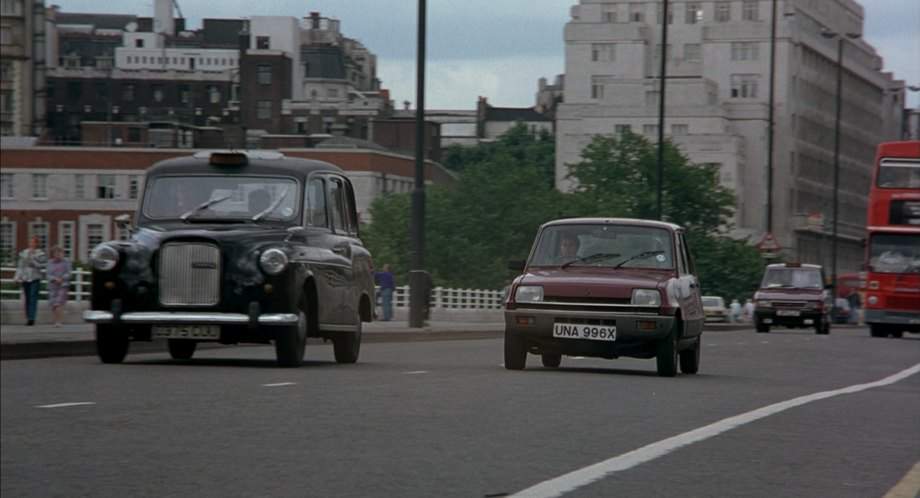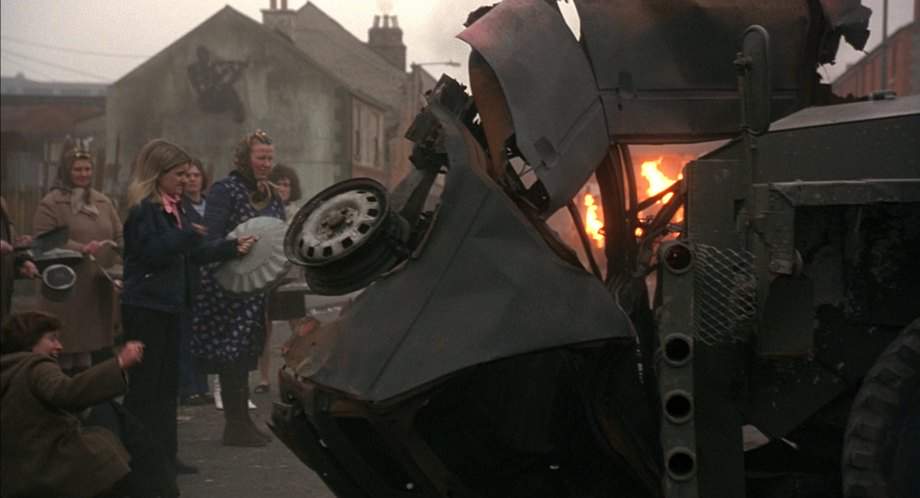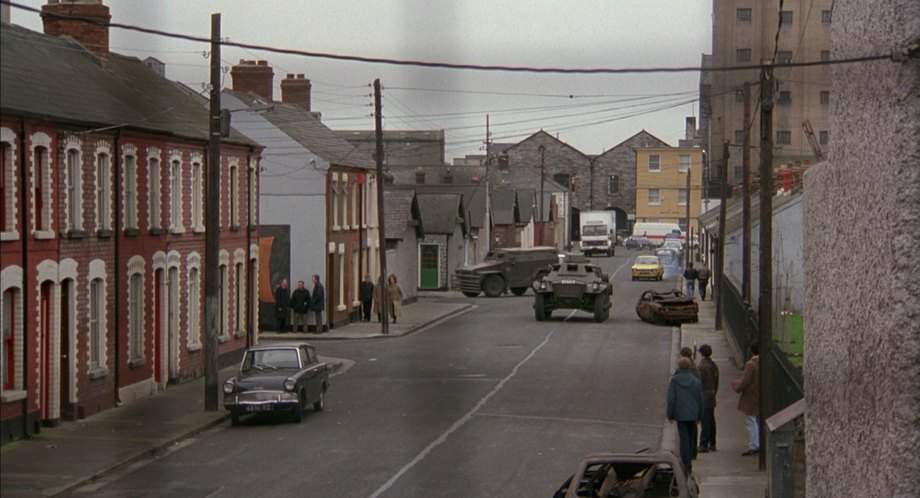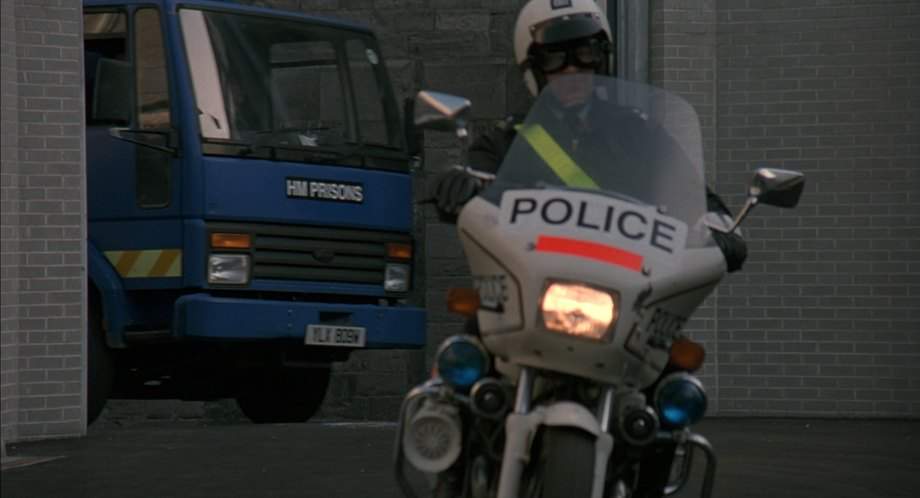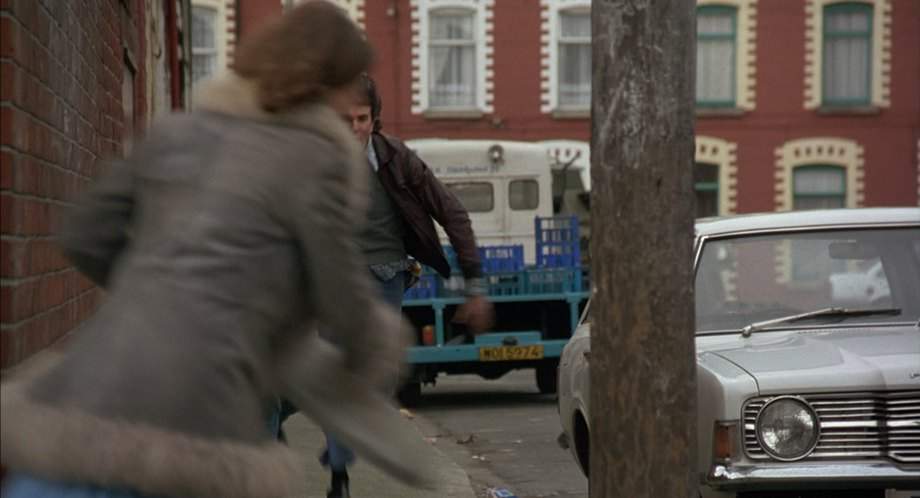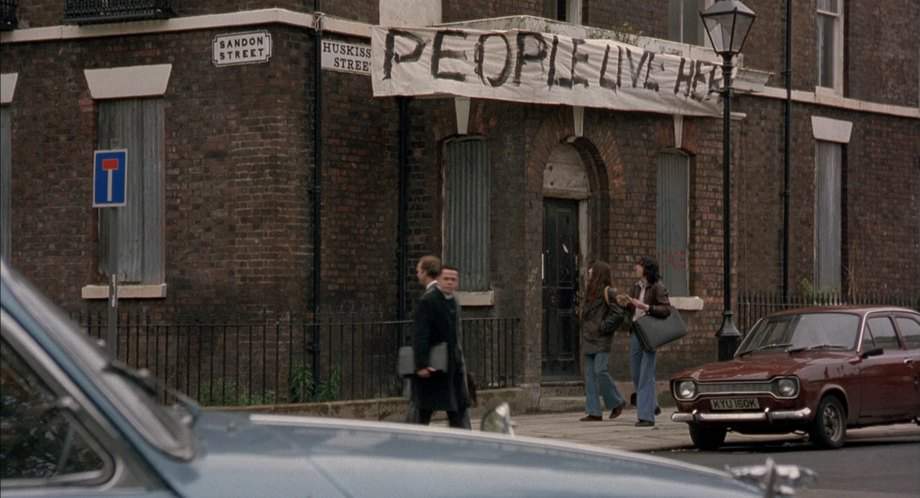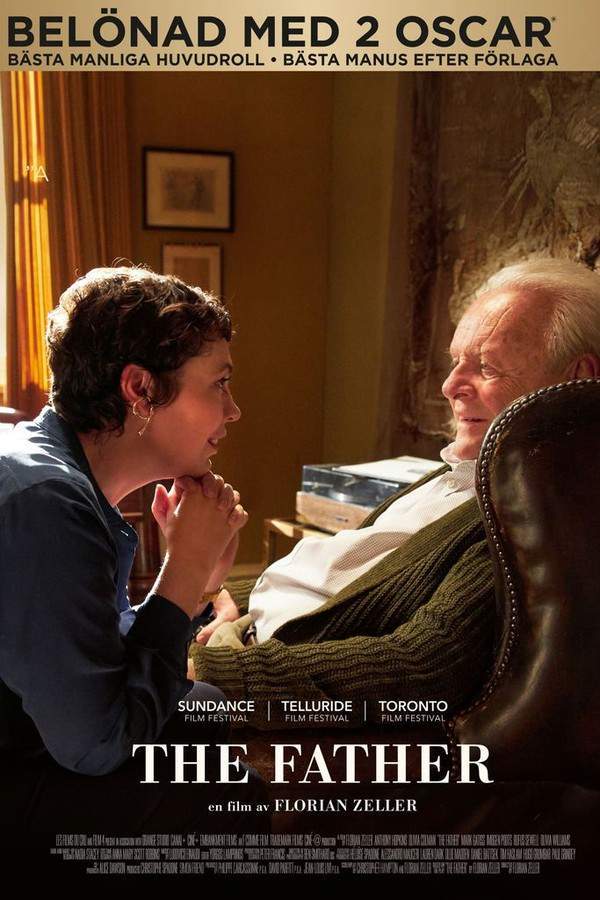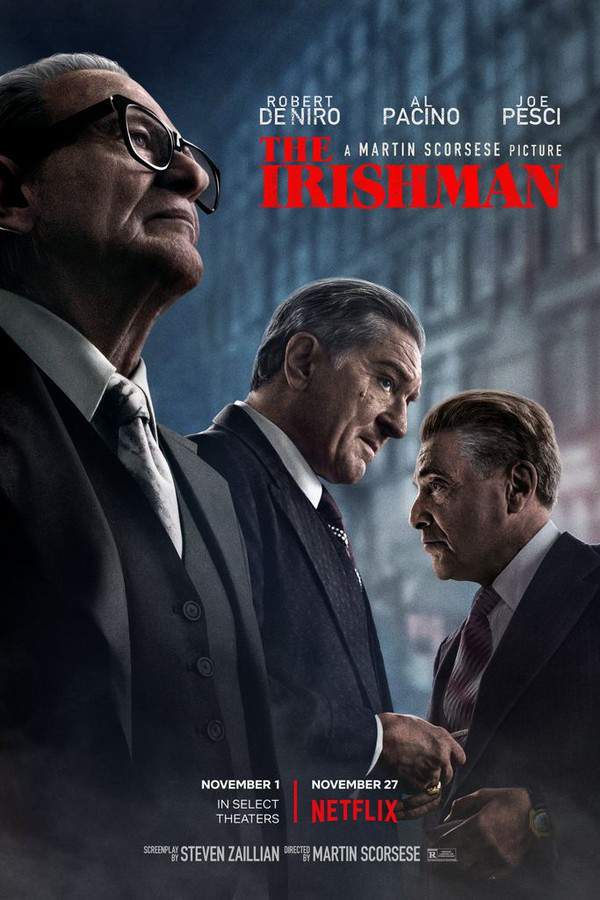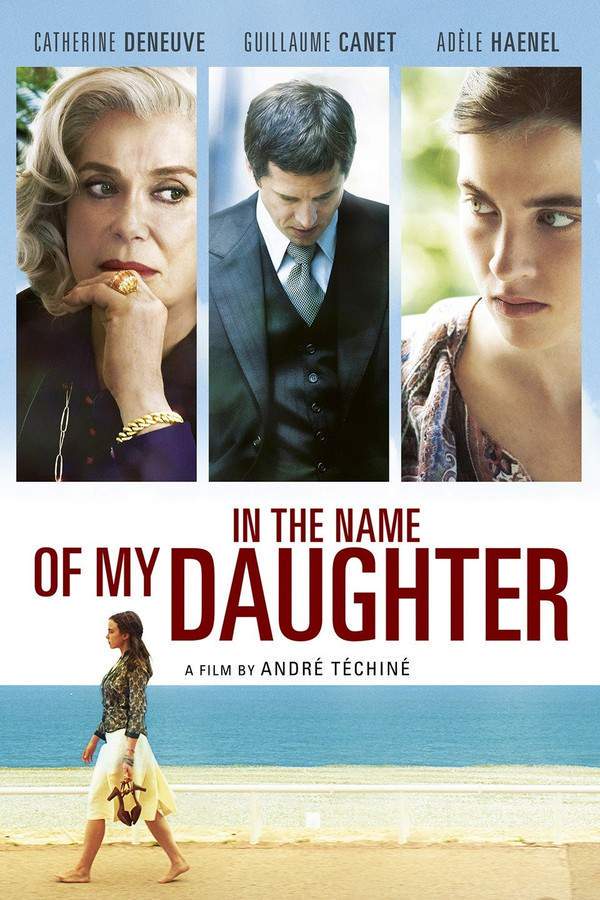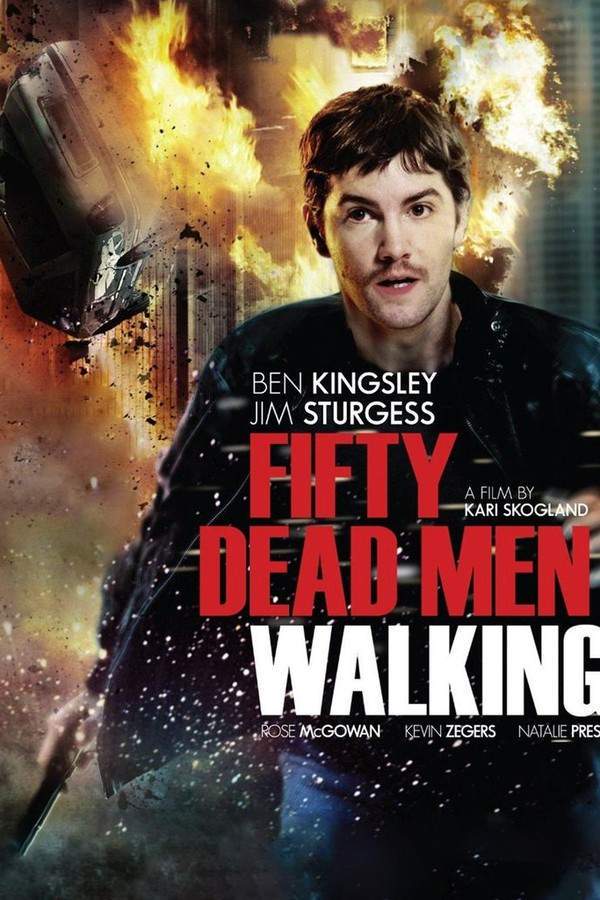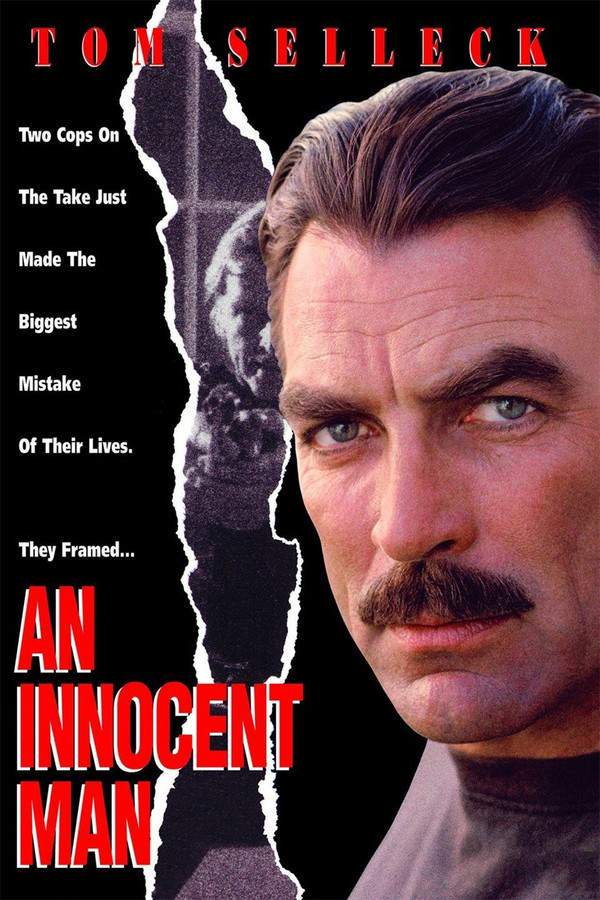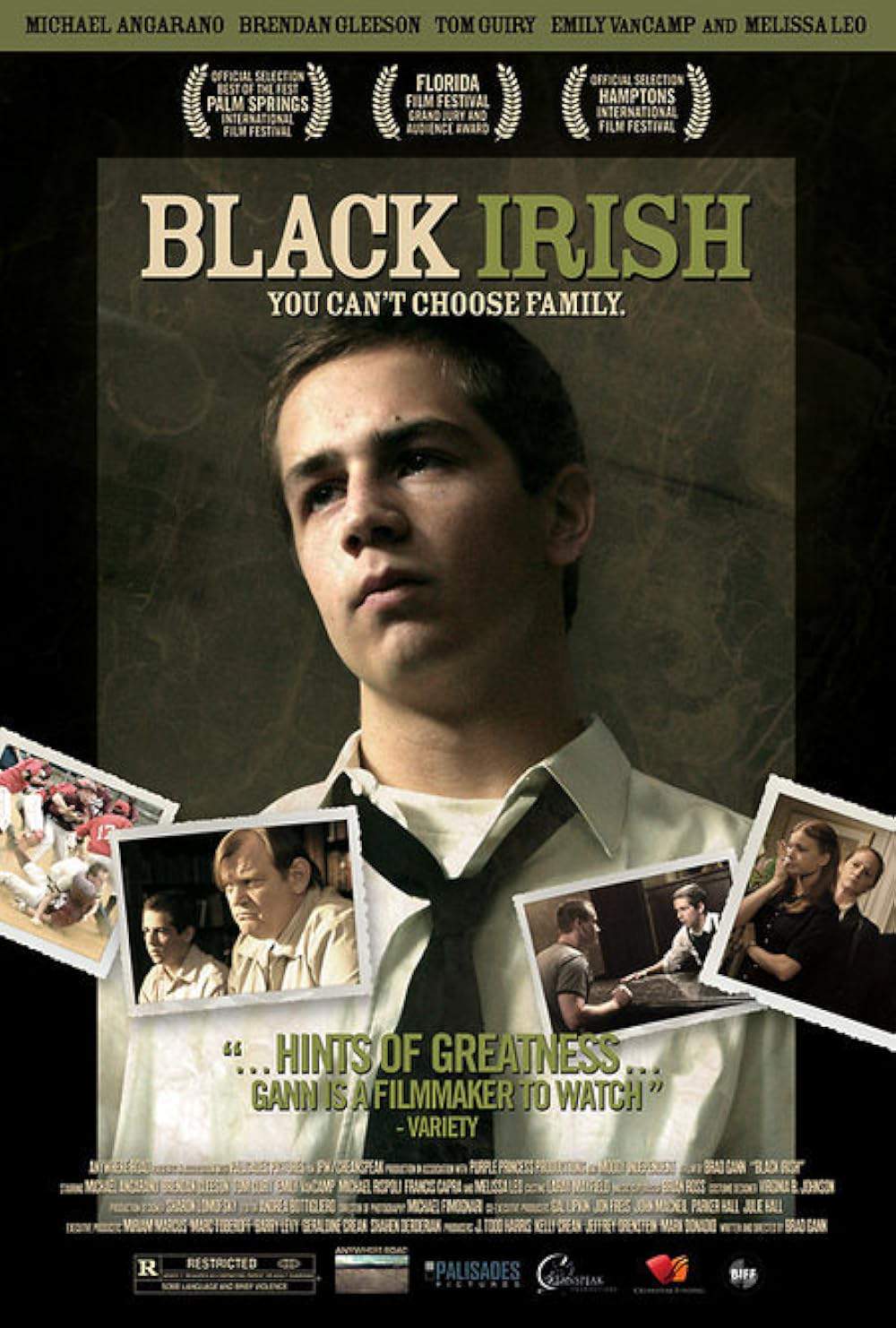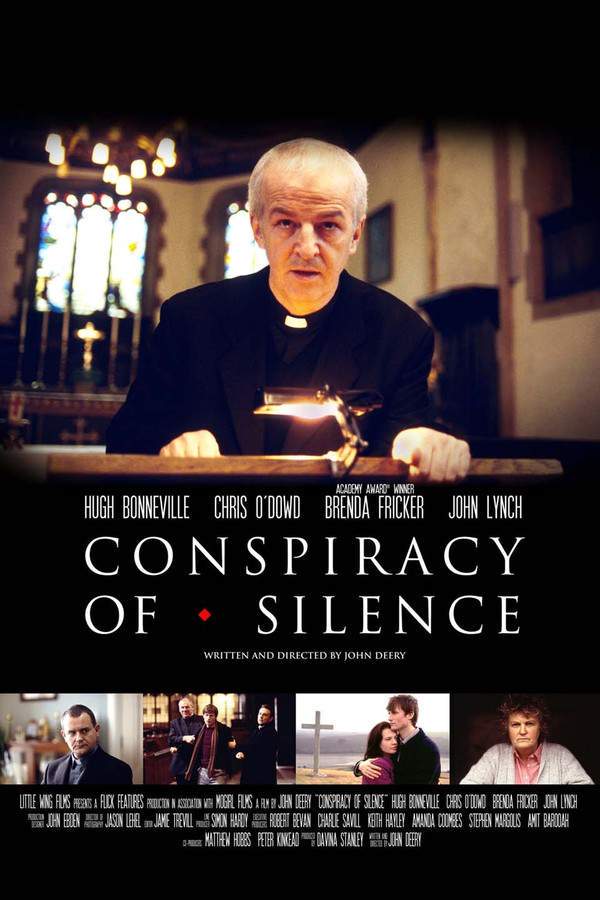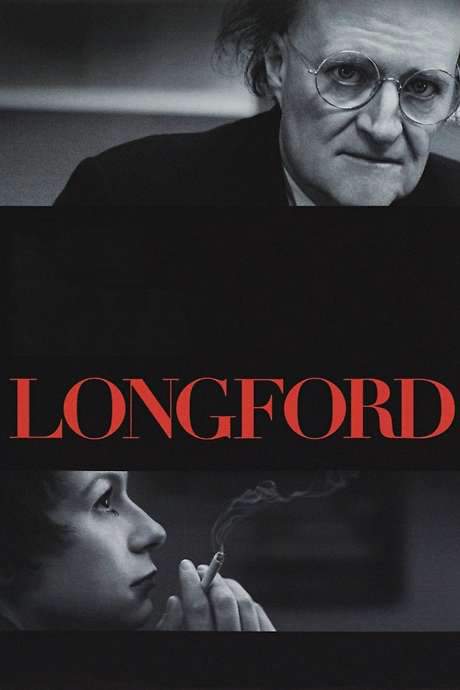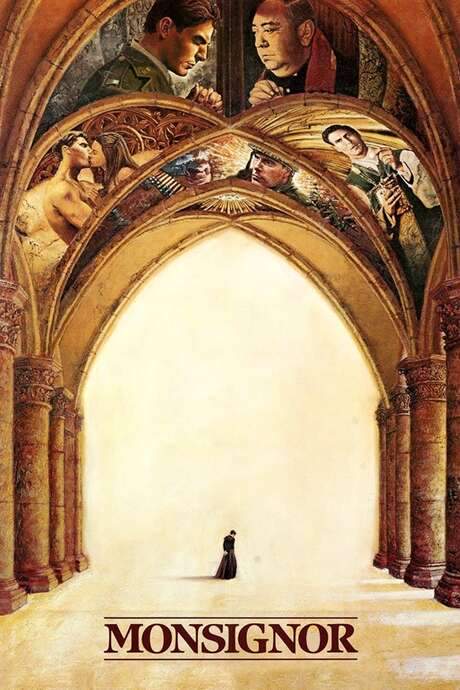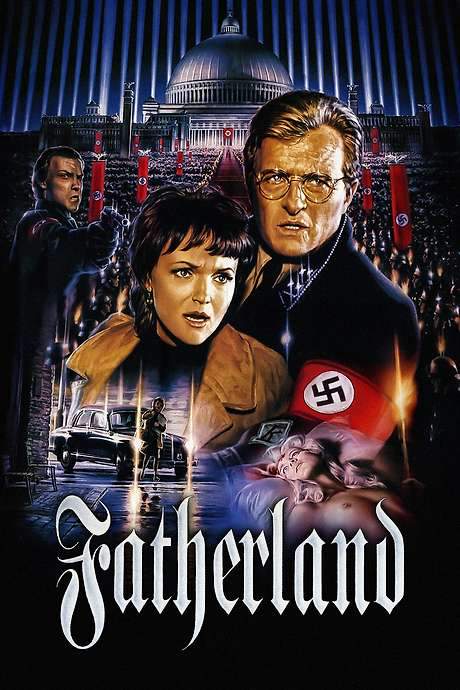In the Name of the Father 1993
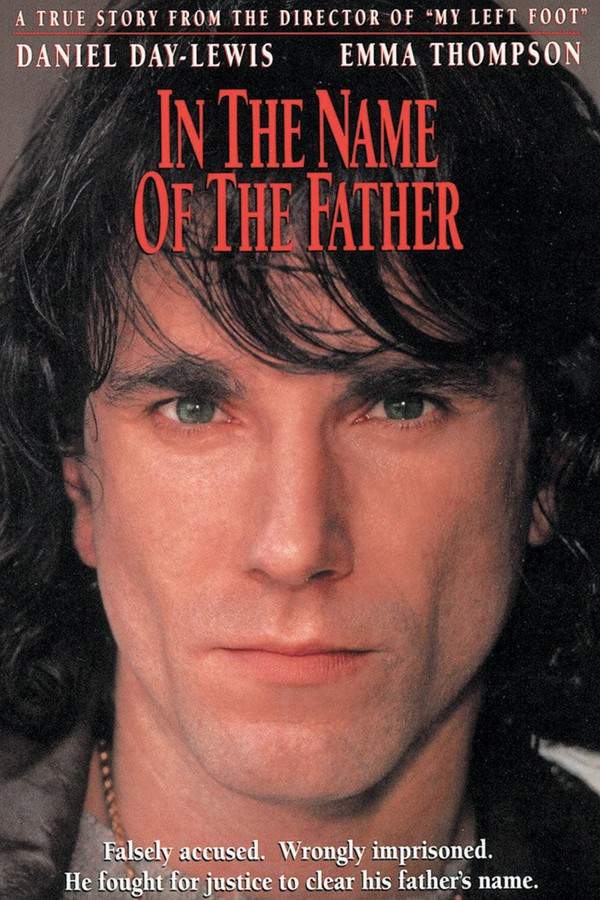
In the 1970s, Gerry Conlon is forced to leave Ireland and seeks refuge in England. There, he and his family are wrongly accused of involvement in a pub bombing. Gerry is imprisoned and endures a grueling 15-year ordeal, relentlessly fighting to clear his name and expose the truth behind the miscarriage of justice that has shattered his life and reputation.
Does In the Name of the Father have end credit scenes?
No!
In the Name of the Father does not have end credit scenes. You can leave when the credits roll.
Meet the Full Cast and Actors of In the Name of the Father
Explore the complete cast of In the Name of the Father, including both lead and supporting actors. Learn who plays each character, discover their past roles and achievements, and find out what makes this ensemble cast stand out in the world of film and television.
External Links and Streaming Options
Discover where to watch In the Name of the Father online, including streaming platforms, rental options, and official sources. Compare reviews, ratings, and in-depth movie information across sites like IMDb, TMDb, Wikipedia or Rotten Tomatoes.
Ratings and Reviews for In the Name of the Father
See how In the Name of the Father is rated across major platforms like IMDb, Metacritic, and TMDb. Compare audience scores and critic reviews to understand where In the Name of the Father stands among top-rated movies in its genre.

84
Metascore
8.3
User Score


94%
TOMATOMETER

95%
User Score

79
%
User Score
Take the Ultimate In the Name of the Father Movie Quiz
Challenge your knowledge of In the Name of the Father with this fun and interactive movie quiz. Test yourself on key plot points, iconic characters, hidden details, and memorable moments to see how well you really know the film.
In the Name of the Father Quiz: Test your knowledge on the gripping story of Gerry Conlon and the Guildford Four's struggle for justice.
Who is the main character of the film?
Gerry Conlon
Giuseppe Conlon
Paul Hill
Charlie Burke
Show hint
Awards & Nominations for In the Name of the Father
Discover all the awards and nominations received by In the Name of the Father, from Oscars to film festival honors. Learn how In the Name of the Father and its cast and crew have been recognized by critics and the industry alike.
66th Academy Awards 1994



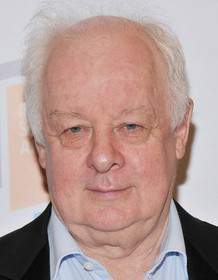
Film Editing
Best Picture
Writing (Screenplay Based on Material Previously Produced or Published)
47th British Academy Film Awards 1994
Best Actor in a Leading Role
Best Adapted Screenplay
51st Golden Globe Awards 1994
Best Motion Picture – Drama


Best Supporting Performance in a Motion Picture – Drama, Musical or Comedy (Supporting Actress)
Emma ThompsonBest Original Song
Full Plot Summary and Ending Explained for In the Name of the Father
Read the complete plot summary of In the Name of the Father, including all major events, twists, and the full ending explained in detail. Explore key characters, themes, hidden meanings, and everything you need to understand the story from beginning to end.
In Belfast, Gerry Conlon finds himself mistakenly identified as an IRA sniper by British security forces, leading to a chaotic pursuit that culminates in a riot. To protect his son, Gerry’s father, Giuseppe Conlon, sends him to London in an attempt to deter an IRA response against him.
Gerry’s life takes a darker turn one evening when he breaks into a prostitute’s flat, stealing £700. While indulging in drugs at a park with his friend Paul Hill, along with homeless Irishman Charlie Burke, a catastrophic explosion rocks Guildford, resulting in the deaths of four off-duty soldiers and a civilian, while injuring many more. Upon his return to Belfast, Gerry finds himself captured by the British Army and the Royal Ulster Constabulary, leading to his arrest on terrorism charges.
Transported to England, Gerry and Paul, alongside two others, become known as the Guildford Four, where they endure brutal torture during police interrogations. Determined to prove his innocence, Gerry ultimately succumbs to pressure, signing a confession after police threats against his father’s safety. Unfortunately, Giuseppe and other members of the Conlon family are soon arrested, collectively known as the Maguire Seven. Despite the defense highlighting numerous flaws in the police investigation at trial, Gerry and the Guildford Four receive life sentences.
In prison, Gerry and Giuseppe encounter a new inmate, Joe McAndrew, who reveals that he was actually responsible for the bombing and had confessed this to the authorities. Strangely, this crucial revelation is suppressed to protect the police’s reputation. As time passes, Gerry’s initial rapport with Joe deteriorates when Joe commits an act of violence against a despised prison guard during a riot. The tragedy escalates with the death of Giuseppe in custody, prompting Gerry to assume his father’s struggle for justice.
Meanwhile, Giuseppe’s attorney, Gareth Peirce, diligently investigates the case and uncovers essential evidence that supports Gerry’s original alibi, marked by a note stating, “Not to be shown to the defence.” This discovery becomes pivotal when a courtroom appeal reveals a statement from Charlie Burke that ultimately clears Gerry and the others of all charges.
The film concludes by highlighting the ongoing plight of those wrongfully accused and the grim reality that the police responsible for the case faced no repercussions. Additionally, it underscores that those truly behind the Guildford Bombing have yet to be held accountable.
Uncover the Details: Timeline, Characters, Themes, and Beyond!

Coming soon on iOS and Android
The Plot Explained Mobile App
From blockbusters to hidden gems — dive into movie stories anytime, anywhere. Save your favorites, discover plots faster, and never miss a twist again.
Sign up to be the first to know when we launch. Your email stays private — always.
Watch Trailers, Clips & Behind-the-Scenes for In the Name of the Father
Watch official trailers, exclusive clips, cast interviews, and behind-the-scenes footage from In the Name of the Father. Dive deeper into the making of the film, its standout moments, and key production insights.
Cars Featured in In the Name of the Father
Explore all cars featured in In the Name of the Father, including their makes, models, scenes they appear in, and their significance to the plot. A must-read for car enthusiasts and movie buffs alike.
In the Name of the Father Themes and Keywords
Discover the central themes, ideas, and keywords that define the movie’s story, tone, and message. Analyze the film’s deeper meanings, genre influences, and recurring concepts.
In the Name of the Father Other Names and Titles
Explore the various alternative titles, translations, and other names used for In the Name of the Father across different regions and languages. Understand how the film is marketed and recognized worldwide.
Similar Movies To In the Name of the Father You Should Know About
Browse a curated list of movies similar in genre, tone, characters, or story structure. Discover new titles like the one you're watching, perfect for fans of related plots, vibes, or cinematic styles.
Quick Links: Summary, Cast, Ratings, More

What's After the Movie?
Not sure whether to stay after the credits? Find out!
Explore Our Movie Platform
New Movie Releases (2026)
Famous Movie Actors
Top Film Production Studios
Movie Plot Summaries & Endings
Major Movie Awards & Winners
Best Concert Films & Music Documentaries
Movie Collections and Curated Lists
© 2026 What's After the Movie. All rights reserved.












